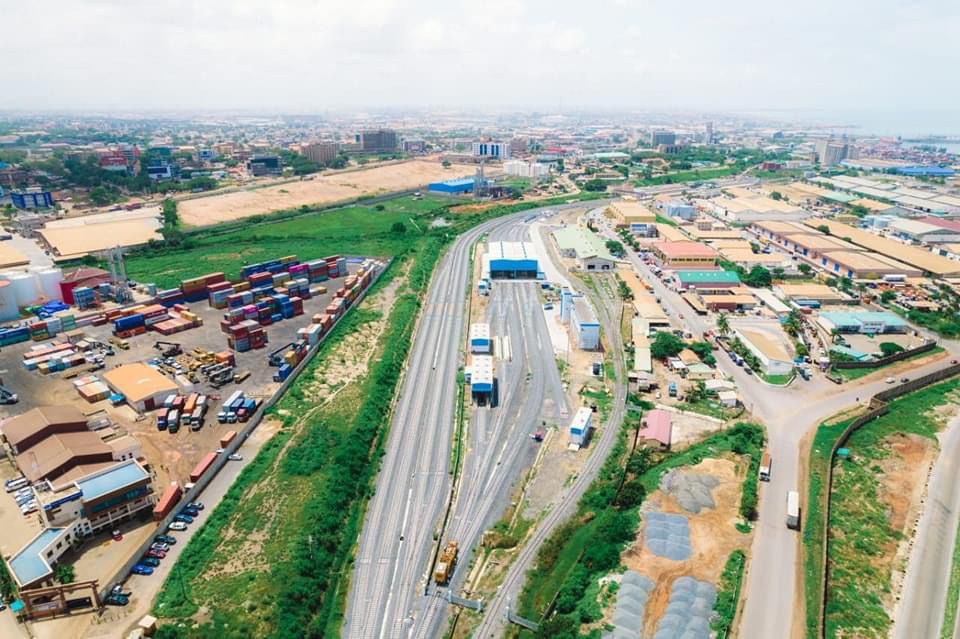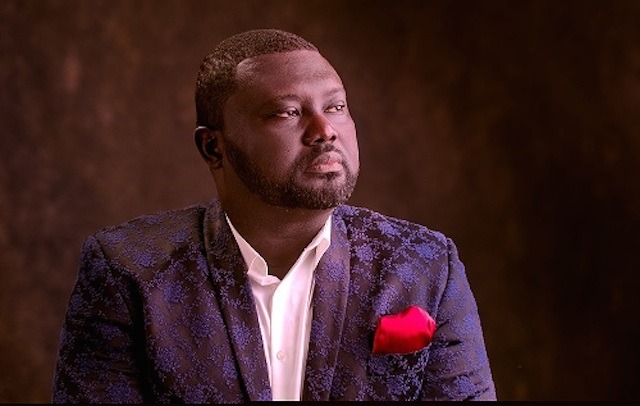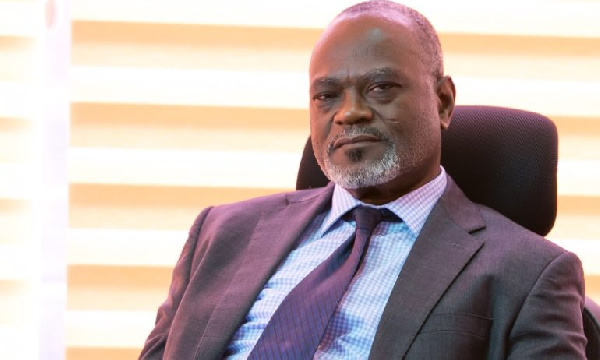

Hundreds of business luminaries, Fortune 500 executives and stakeholders gathered at the Kempinski Hotel in Accra Monday to discuss their industries’ most critical and pressing needs in a saturated world market. The first of a two-day summit included panels, plenary sessions and deal rooms where business heads fostered ideas and allowed for partnership opportunities.
President Akufo-Addo led the summit’s discussion with a hot topic not just in Ghana, but globally - jobs.
“We have to change the structure of our economy and transform the living standards of our people. We need a skilled workforce who will take advantage of the digital revolution,” said Akufo-Addo, adding that, “youth unemployment is an issue that must be confronted head-on and we must develop an economy that will sustain the youth.”
Moses Baiden, CEO of Margins Group agrees.
“Compared to other West African countries, Ghana isn’t doing that bad as far as human resource is concerned,” said Baiden in a panel discussion at the summit. “I believe that if people have basic literacy they can get ahead through mentorship and other factors, but if basic education isn’t there, that’s a whole different ball game. We must have a competitive market with innovative skills that will expand the GDP.”
Latest numbers show Ghana’s unemployment rate stands at a staggering 11.9%, according to the Labour Force Survey Report, but Edwards Effah, Group CEO, Fidelity Group says Ghana’s talent pool is strong, and has potential to become stronger with fine tweaks.
“We have very intelligent and capable people being churned out at our universities. It’s possible to get world class material if we’re willing to train them, but there must be a strong effort to find them,” said Effah at the summit. “We need to see more industry partnerships with the education sector and we need to also focus on vocational and technical training.”
On the economy, Akufo-Addo says Ghana is on track to step to the forefront as an economic leader. Under his administration, he says, the GDP growth rate rose from 3.6% in 2016 – the lowest in two years – to 8.5% in 2017, but there’s more work to be done, specifically in Ghana’s banking sector, which took several hits with the Unibank fallout in March, and UT and Capital Bank’s collapse late last year, leaving many depositors unconfident about the economy.
But a senior economist at International Monetary Fund's Natalia Koliadina praised Bank of Ghana for their efforts at restructuring the financial system. She is assured Ghana's economy will get back on track.
“The Bank of Ghana has been ensuring the financial sector here is sound and it’s important because we all need financing,” she said. “The BoG is handling the issue in a sound and timely manner.”
Baiden warns, though, that banks must be held accountable.
“Banks are businesses, and when there is low-hanging fruit, they will go for it because they work for stakeholders,” he said. “We need to realign and close gaps so that banks can properly assess the risks that they have.”








